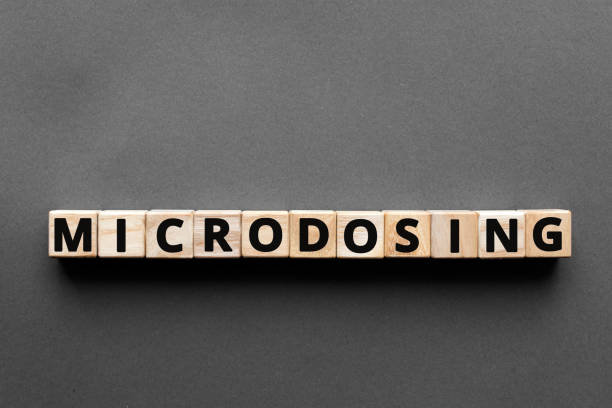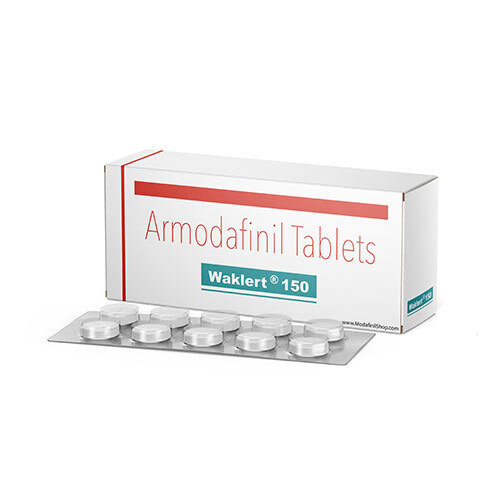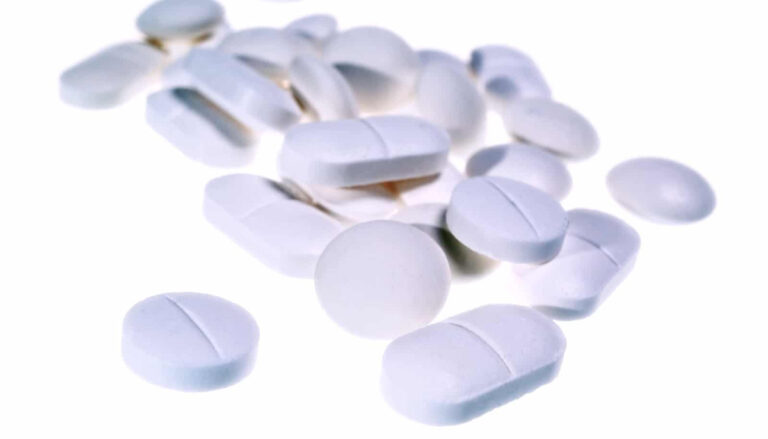How Modafinil Affects Procrastination and Focus: What You Need to Know
Procrastination is a common challenge that can interfere with work, studies, and daily responsibilities. Many people try time management tools, productivity apps, or behavioral strategies, but these do not always work. Some individuals have turned to modafinil, a prescription medication known to promote wakefulness, as a way to improve focus and reduce procrastination.
Understanding Procrastination
Procrastination is the voluntary delay of tasks despite knowing it may cause negative consequences (Steel, 2007). Research shows it is often linked to stress, anxiety, and depression (Rozental et al., 2022). Among university students, nearly half report that procrastination seriously harms their performance and well-being (Rozental et al., 2022).
Scholars describe procrastination as a failure of self-regulation. Factors such as impulsivity, perfectionism, and task aversiveness can make it harder to start or complete tasks (Yan & Zhang, 2022). These findings suggest that procrastination is not just about poor time management, but often reflects deeper motivational and emotional challenges.
What Is Modafinil?
Modafinil is a non-amphetamine central nervous system stimulant that promotes wakefulness. The FDA has approved it for narcolepsy, obstructive sleep apnea, and shift work disorder (U.S. Food and Drug Administration, 2015). It is not approved for treating procrastination.
Mechanistically, modafinil works as a weak dopamine reuptake inhibitor, leading to increased dopamine activity in the brain. It also indirectly affects norepinephrine and serotonin pathways and may influence orexin and histamine systems involved in alertness (Greenblatt & Adams, 2023). Unlike traditional stimulants such as amphetamines, modafinil generally has a lower risk of causing euphoria and addiction.
How Modafinil May Affect Procrastination
Although not studied directly as a procrastination treatment, modafinil has been researched for its impact on focus, fatigue, and motivation.
- Increased focus and wakefulness: Users often report being able to sustain attention for longer periods, which can help with task completion.
- Reduced “mental resistance”: Some accounts describe easier task initiation, where starting work feels less overwhelming.
- Mixed evidence: Clinical studies on healthy individuals show modest improvements in executive function, but findings on motivation are inconsistent (Greenblatt & Adams, 2023).
It is important to note that modafinil may amplify whatever activity a person is already engaged in. Without clear goals, this focus can be directed toward distractions rather than productive work.
Risks and Limitations
Modafinil is generally well tolerated, but it carries risks that must be considered:
- Common side effects: Headache, nausea, anxiety, and insomnia (Greenblatt & Adams, 2023).
- Serious risks: Rare but potentially life-threatening skin reactions such as Stevens-Johnson syndrome, psychiatric symptoms including mania and hallucinations, and cardiovascular complications (U.S. Food and Drug Administration, 2015).
- Drug interactions: Modafinil can reduce the effectiveness of hormonal contraceptives and alter levels of other medications metabolized by the liver (U.S. Food and Drug Administration, 2015).
- Dependence: While physical addiction is rare, psychological reliance on modafinil for productivity has been reported.
Because procrastination is often linked to mental health conditions such as depression or anxiety, modafinil alone may not resolve the underlying causes. Behavioral strategies, therapy, or lifestyle changes are often necessary for lasting improvement.
Combining Modafinil With Productivity Strategies
If prescribed and monitored by a healthcare provider, modafinil may support productivity when paired with proven techniques:
- Set clear goals: Write a to-do list before taking the medication.
- Remove distractions: Use app blockers or limit access to social media.
- Start before it peaks: Begin a task as the medication starts working to build momentum.
- Maintain health habits: Proper sleep, hydration, and exercise improve overall focus.
These steps can help channel modafinil’s effects toward meaningful outcomes rather than distractions.
Conclusion
Modafinil is a prescription drug that promotes wakefulness and may improve focus. While some people find it helps reduce procrastination, it is not FDA-approved for this purpose and evidence is limited. Procrastination often reflects self-regulation challenges that require more than medication alone.
Anyone considering modafinil should consult a healthcare provider to weigh potential benefits against risks, interactions, and legal considerations. Modafinil should be seen as a tool, not a cure, and works best when paired with healthy habits and structured productivity strategies.
Frequently Asked Questions
Can I take modafinil for procrastination?
No. Modafinil is only approved for narcolepsy, obstructive sleep apnea, and shift work disorder (U.S. Food and Drug Administration, 2015). Using it for procrastination is off-label and should only be considered under medical supervision.
Does modafinil improve motivation?
Some studies suggest it can improve alertness and task initiation, but evidence for motivation is mixed (Greenblatt & Adams, 2023). It may help with focus, but it is not a guaranteed solution for motivation problems.
What are the most common side effects?
The most frequently reported side effects are headache, insomnia, anxiety, and nausea (Greenblatt & Adams, 2023). Rare but serious reactions, such as severe skin rashes, can also occur.
Is modafinil addictive?
Modafinil has a lower risk of addiction compared to amphetamines, but psychological dependence is possible if it becomes a relied-upon productivity tool (Greenblatt & Adams, 2023).
References
- U.S. Food and Drug Administration. (2015). PROVIGIL® (modafinil) tablets, for oral use, C-IV [Prescribing information]. U.S. Department of Health and Human Services. https://www.accessdata.fda.gov/drugsatfda_docs/label/2015/020717s037s038lbl.pdf
- Greenblatt, K., & Adams, N. (2023, February 6). Modafinil. In StatPearls [Internet]. StatPearls Publishing. https://www.ncbi.nlm.nih.gov/books/NBK531476/
- Yan, B., & Zhang, X. (2022). What research has been conducted on procrastination? Evidence from a systematical bibliometric analysis. Frontiers in Psychology, 13, 809044. https://doi.org/10.3389/fpsyg.2022.809044
- Rozental, A., Forsström, D., Hussoon, A., & Klingsieck, K. B. (2022). Procrastination among university students: Differentiating severe cases in need of support from less severe cases. Frontiers in Psychology, 13, 783570. https://doi.org/10.3389/fpsyg.2022.783570








